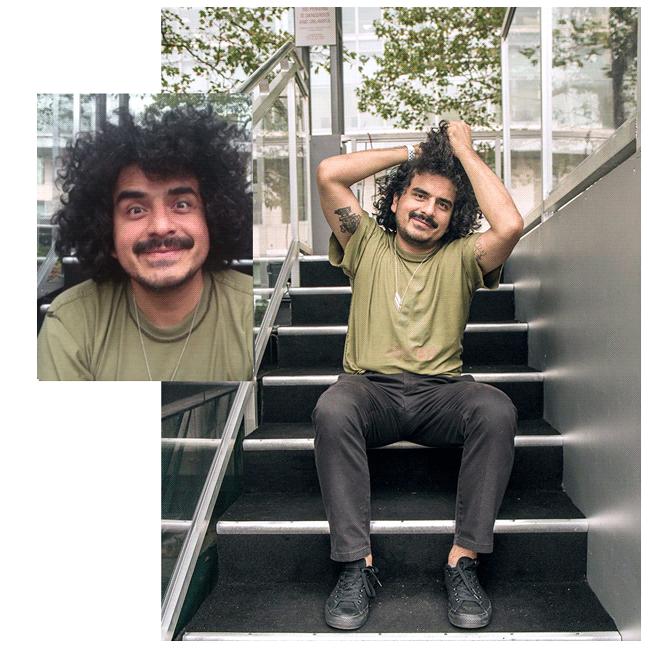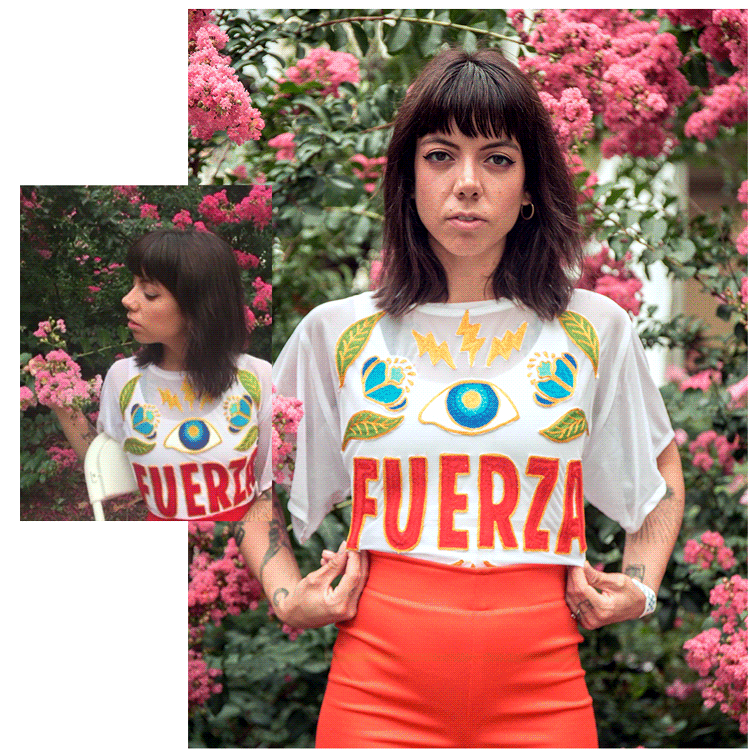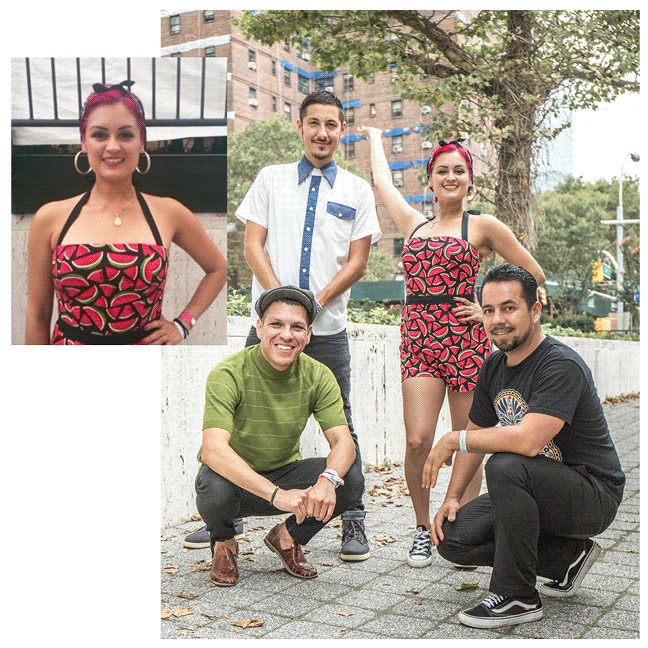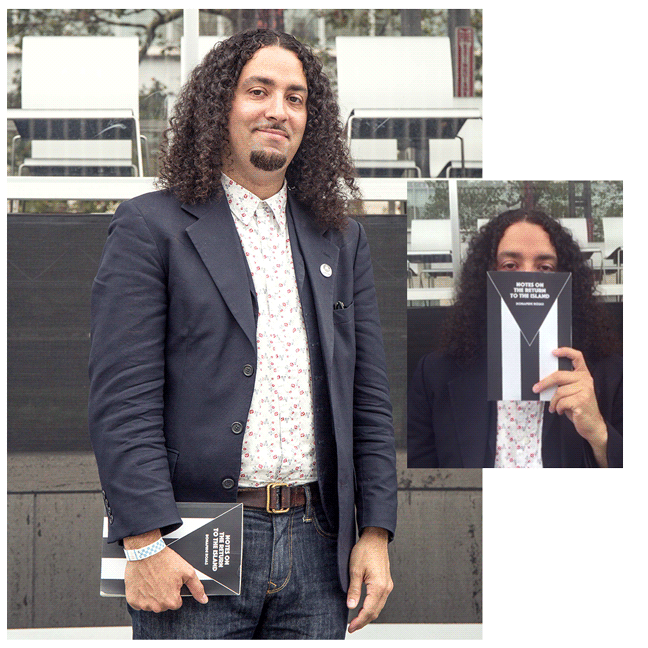Xenia Rubinos

Why did you decide to perform at Nosotros Fest this year?
Alynda from Hurray from the Riff Raff invited me in the fall when she first did Nosotros Fest and I couldn’t make it. I was in Europe on tour, and I was really bummed because it sounded like the kind of thing I’d always wanted to do. Roberto [Carlos Lange] from Helado Negro and I had talked about doing something similar to this, maybe presenting a different view of Latinos making music and not necessarily specific to Latin music, but people who are Latinx making work and showing a different side of that. And I felt like that’s what Alynda was doing and I really wanted to be a part of it.
How is Nosotros Fest different from other festivals you’ve played?
It’s not about any brand, and not about selling anything other than music and poetry, presenting this work by people who happen to be Latino. So I think it’s a really unique propuesta, because a lot of times I get invited to play many different events across many different scenes and I find that – particularly in the Latino scene – things can be tokenized very quickly. I’ll end up playing “Chiquita Banana Latino Saturday Night” in Iowa at some museum, or sometimes it surprises you and it’s a little more subtle, but you get there and you’re like, “Wow I feel really tokenized right now.” I get that it’s intricate and that there are lots of moving parts to those kinds of events, so I appreciate [Nosotros] as a unique opportunity because it’s not about anything else other than presenting work.
What do you hope to see change for Latinx communities in the future?
Thinking about the U.S., it would be nice to feel like we own something here. I don’t have a sense that we own much of anything in the U.S., and we are constantly reminded that we’re not from here, that we’re not invited, that we’re just visiting or that we’re not really American. So it would be cool to feel that the Latino community in the U.S. could have ownership of the things they contribute to, so that it’s not just a workforce or immigrants who happen to be here. But we’re also the people who built this country; we have a history here. It would be nice to learn about our history in this country, which only now is it really being documented and talked about. And then the next step would be to own the things that we create. The music that we make, the art that we make, and to have an identity that shows solidarity between our communities.




